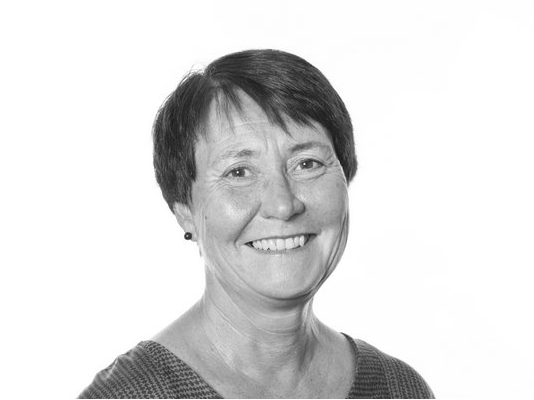Doctoral thesis "See and hear me"

SEE AND HEAR ME!
On Friday 27 January 2017, Ann-Britt Johansson from Eikholt National Resource Centre for Deafblindness handed in her doctoral thesis at Sahlgrenska Academy, University of Gothenburg. The thesis is entitled "Se och hör mig" and is about people with acquired deafblindness and their experiences of participation, rehabilitation and community life. The thesis can be downloaded from the university's website. As the title reveals, it is not easy to be seen and heard as a deafblind person. Deafblind people are a group that is discriminated against and ignored.
There are few studies on experiences of living with deafblindness. The aim of this thesis has been to capture the experiences of persons with acquired deafblindness regarding participation, rehabilitation and community life. The study develops a deeper knowledge and understanding of what it is like to live with deafblindness. The questions that have been relevant for this study are based on the lifeworld theory and the theory of the lived body. The study has a phenomenological research approach. The research questions are: What does the concept of participation mean for people with acquired deafblindness? What are the conditions required for people with acquired deafblindness to experience participation? What experiences and reflections do people with acquired deafblindness have about their rehabilitation? How do people with acquired deafblindness experience their living conditions and opportunities to participate in society on equal terms with others?
Eight persons with acquired deafblindness have participated in this qualitative study. The participants have been interviewed a number of times. The study identifies three important areas in life that are strongly linked to participation. These are work, family and social life, and participation in society. In order to live in society as a full-fledged citizen, a number of adapted services are required so that people with deafblindness can participate and benefit from their rights. These services are not always available, and this can lead to frustration, discrimination and social isolation. The participants emphasised that there is often a lack of reasonable reception of people with deafblindness. This lack of response is also found among professionals. The study reveals a lack of knowledge about the importance of taking the special needs of people with acquired deafblindness seriously. There is still a great need to change attitudes towards people with deafblindness.
This content is more than 3 years old and may contain information that is no longer up to date.
Interested in services for people with both visual and hearing impairments?
Read more about Eikholt's services in this link: our services
Do you want to get in touch with Eikholt? You can find contact information here: Contact us
